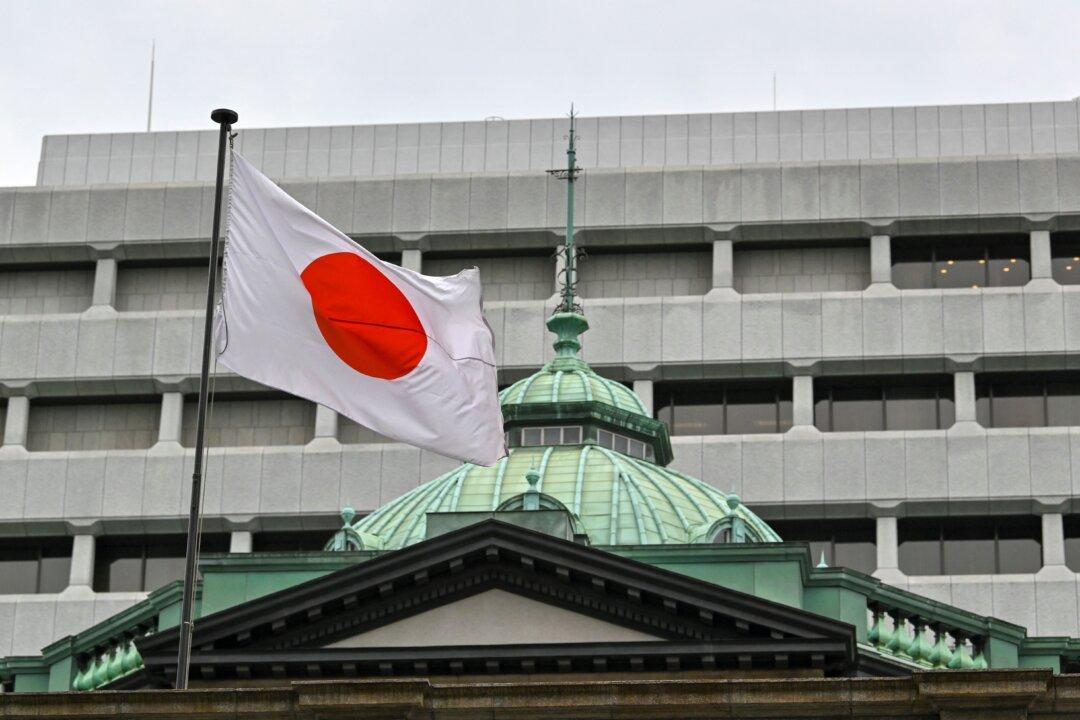The U.S. has begun purchasing Japanese seafood in bulk for its military in the area to help offset China’s import ban on the products.
China, previously the largest importer of Japanese seafood, announced the ban after Tokyo began dumping treated water from its wrecked Fukushima nuclear plant into the ocean.





